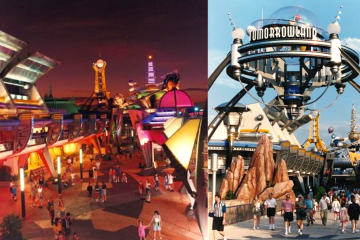Exploring the Talents of Devon Flanagan in UK Theatre

Introduction
Devon Flanagan is becoming a notable name in the UK theatre landscape, recognised for his compelling performances and artistic contributions. His rise to prominence highlights the evolving nature of theatre, where emerging talents continue to reshape the stage. In a time when live performances are regaining momentum post-pandemic, Flanagan’s work is a testament to the resilience and creativity within the arts.
Background and Career Progression
Devon Flanagan was born in Liverpool in 1995 and has showcased a deep passion for the performing arts from a young age. After completing his training at the Royal Academy of Dramatic Art (RADA), he made his professional debut in an acclaimed production of ‘Romeo and Juliet’ last year, where he played the role of Mercutio, receiving positive reviews from critics and audiences alike. Flanagan’s commitment to embodying complex characters and his strong stage presence quickly caught the attention of theatre directors across the UK.
Recent Work and Recognition
This year, Flanagan starred in ‘The Tempest’ at the National Theatre, where his portrayal of Ariel was described as “hauntingly beautiful” by The Guardian. His ability to convey emotion and depth in character work has earned him a spot among the UK’s most promising young actors. Furthermore, he was recently nominated for the Best Actor award at the UK Theatre Awards for his role in another prominent production, ‘The Unseen’. The nomination reflects not only his talent but also the increasing recognition of emerging voices in the theatre.
Future Endeavours
Looking ahead, Flanagan is set to take on a new challenge in an upcoming adaptation of a contemporary novel into a stage play scheduled for early next year. His involvement in this project presents an opportunity to showcase his versatility as an actor. Industry insiders anticipate that this transition into more modern narratives will further solidify his place within the theatre community. As audiences continue to engage with diverse stories, Flanagan’s contributions promise to resonate well with contemporary themes.
Conclusion
Devon Flanagan represents a new generation of actors redefining UK theatre. His journey from a student at RADA to a respected performer suggests great potential for the future. With a mixture of classical training and contemporary choices, Flanagan is a symbol of optimism for the arts, reminding us that theatre remains a vital form of expression in society. As he continues to take on new roles and challenges, audiences can expect to see much more from this talented individual in the years to come.









